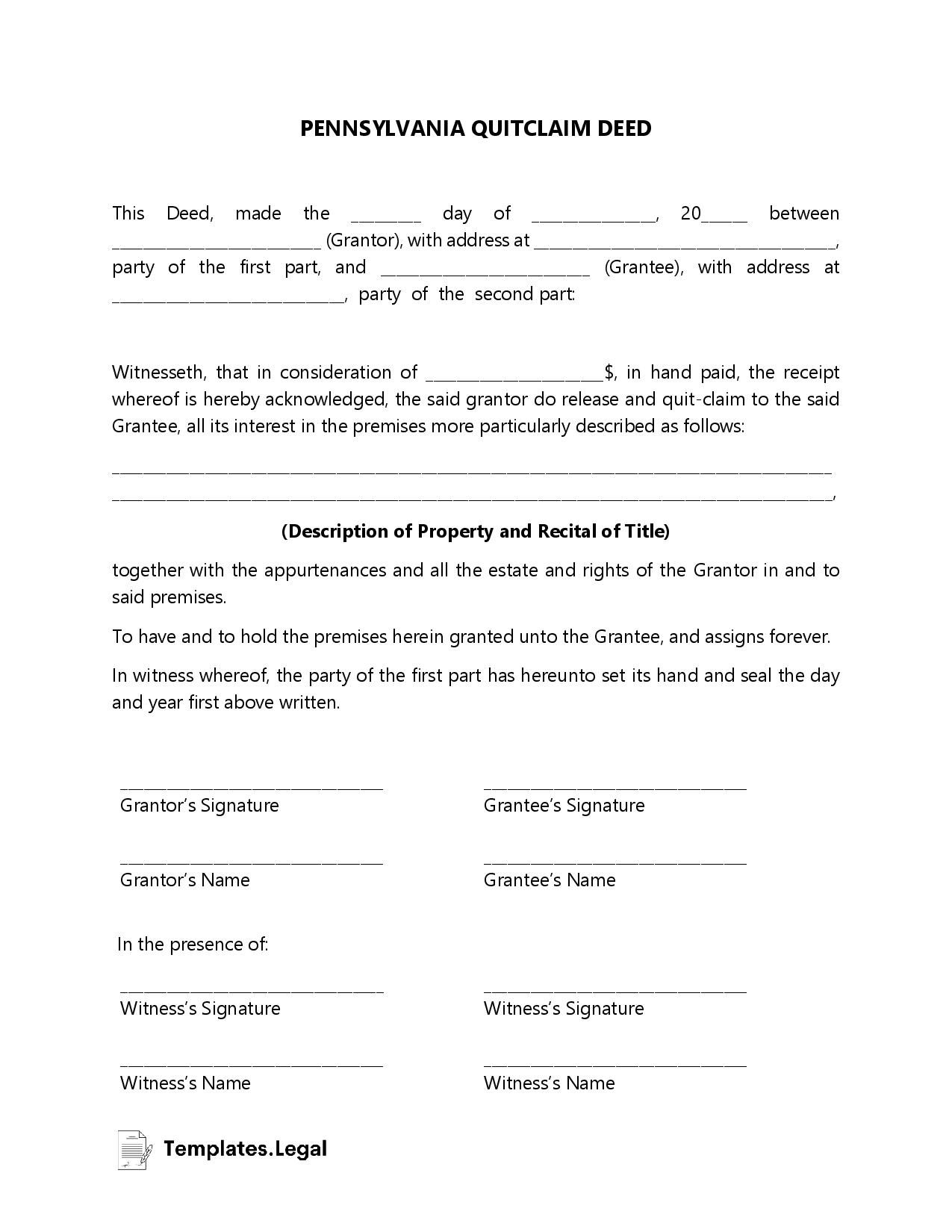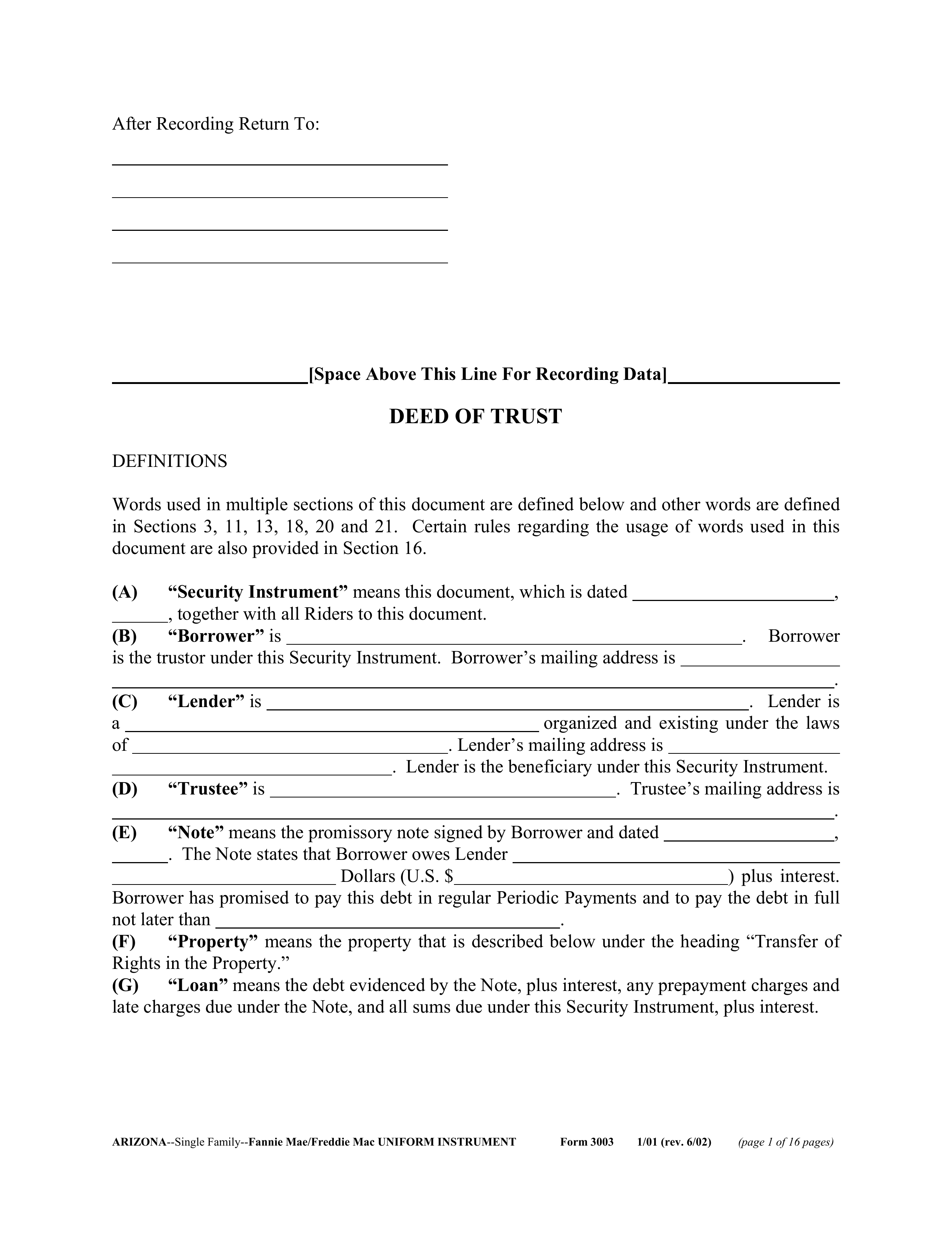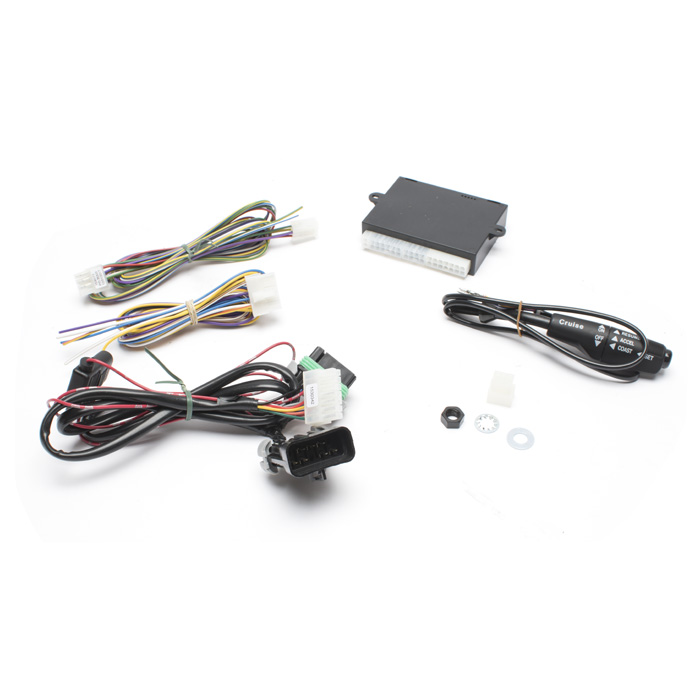Table Of Content

First-time homebuyers should understand the importance of a title search and what a deed includes. These distinctions will help set you up for your new purchase and ensure there are no legal challenges with ownership. Different types of property deeds offer varying levels of protection and are suited for different situations. Deeds are legal documents that transfer property ownership from one party to another — or, in legal terms, from the grantor to the grantee. Each type of deed serves a specific legal purpose depending on the known and unknown history of the property, the existence of a lien, or other encumbrance on the property like a mortgage. In other words, only defects that arose during the grantor's ownership of the property are warranted.
Understanding the Listing Agreement When Selling Your Home
They often offer various methods of payment, such as credit card, cash, check, and money order. The fees for obtaining copies of a deed will vary by state and county. There is typically a flat rate for copies up to a certain number of pages, and then a fee per any additional page thereafter.
Restrictive Covenants: How They Affect Your Property
It acknowledges the satisfaction of the debt and transfers the legal title to the trustor (borrower). Deeds of trust usually contain a power-of-sale clause, enabling the trustee to sell the property without a court order in case of foreclosure. This kind of foreclosure is referred to as non-judicial foreclosure, which is different from judicial foreclosure with a mortgage deed.
Laguna Beach sees drop in violent and property crimes, police report
The rest of the property includes rare features such as a private tennis court, a heated pool and spa, biking and horse trails and a four-car garage. "This is definitely the exact kind of house where you would dream," Gambino said in an interview with USA TODAY. "It's a very special house where people immediately get, you know, emotionally connected when they're there."
Title search
Central Texas couple trying to get rid of racist language in home deed - KXAN.com
Central Texas couple trying to get rid of racist language in home deed.
Posted: Tue, 30 Jan 2024 08:00:00 GMT [source]
A quitclaim deed is used when a grantor wants to transfer any interest they may possess in a property. Because of this, grantees are offered the least amount of protection. Not only do they get any promises about the property title, they don’t have any legal leverage if a problem arises. Remember to consult with an attorney or title company to ensure a smooth and legally sound transfer.

The Quitclaim Deed transfers rights and ownership to the buyer, but without any guarantee that the seller is actually able to do so. Oftentimes, even if the seller doesn’t have the legal right to sell the house, the buyer wouldn’t be able to take any recourse against the seller after the fact. There are several different types of deeds that homeowners can use to transfer property ownership. Different deeds offer varying levels of protection to either the grantor or grantee, and are thus selected based on the circumstances. A property deed is an essential legal instrument that is used to transfer property ownership from one party to another. It is not to be confused with property title, which is a conceptual word that describes property ownership but is not an actual document.
Rocket Sister Companies
In this arrangement, the buyer obtains equitable title (usually with a down payment) and starts making installments to the seller, including the agreed purchase price and any interest. The legal title remains with the seller until the purchase price is fully paid. A survivorship deed is primarily used by co-owners or joint tenants to ensure automatic property transfer upon the death of one owner. This is distinct from a gift deed, which is used to transfer property while the grantor is still alive. In most states that use deeds of trust, legal title is transferred to the trustee, who holds the property in trust for the borrower’s benefit.
Make sure house deeds are a part of your estate plan
The exact requirements vary from state to state, but they are pretty basic. In California, for instance, the property being transferred must be described adequately. The grantor (the person transferring title to the property) and the grantee (the person accepting title) must be named. You’ll need to produce the deed to demonstrate ownership of the home that will be used to secure the refinance loan. That’s a simple matter of going through the documents you received when you purchased the home or ordering a certified copy from your municipality’s Property Clerk.
Make sure property deeds are a part of your estate plan

Once the buyer has paid everything, the seller is required to sign a deed that officially transfers the legal ownership of the property to the buyer. Note that a mortgage deed does not transfer ownership of the property. When a mortgage deed is in effect, the borrower retains equitable title to the property, meaning they can legally enjoy or use the property, while the lender holds the legal title as collateral. In a general warranty deed, the grantor promises to warrant and defend the title conveyed against the claims of all persons.
House deeds are the primary way that a homeowner can definitively demonstrate ownership of their home in the event of a property dispute. During a real estate transaction, both the buyer and the seller should verify that the deed was completed correctly to reflect the transfer of ownership. A title company or real estate lawyer will conduct what’s called a title search as a step in the due diligence period of a home purchase.
You may also hear the term “property title” and wonder how it’s different from your house deed. The term title is conceptual in nature and describes the legal ownership or claim a party might have to a piece of property. The deed is the physical manifestation, a legal document, that proves this property interest. A quitclaim deed (sometimes misspelled “quick claim”) is used when someone gives up (waives or disclaims) ownership rights in favor of another person. A quitclaim deed is often used in divorces or inheritance situations, when a spouse or heir gives up any potential rights to real estate.






















